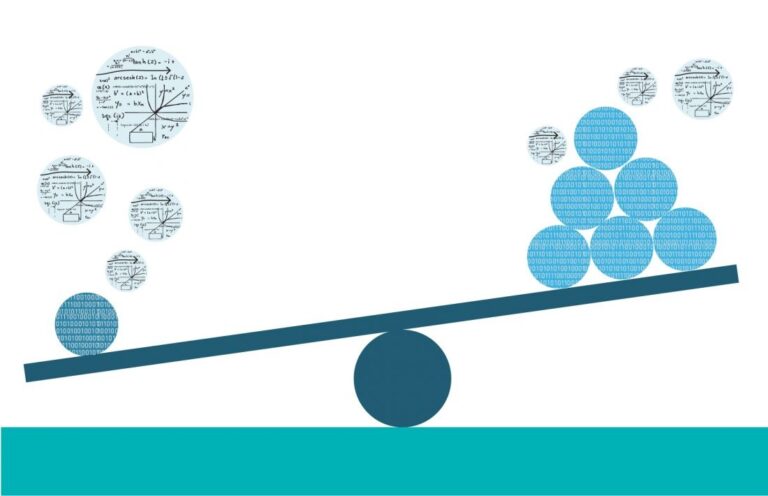The ecommerce landscape is in constant flux. Fueled by evolving consumer expectations and rapid technological advancements, businesses are increasingly reliant on specialized expertise to navigate the complexities of online selling. That’s where ecommerce agencies come in – but the future of these agencies is just as dynamic. As we move deeper into 2023, several key trends are shaping the role and responsibilities of these agencies, demanding adaptation and innovation to stay relevant.
1. Data-Driven Decisions Become Paramount:
Forget gut feeling. Successful Ecommerce agencies are doubling down on data. This means leveraging analytics platforms not just for reporting, but for actionable insights that drive strategy. We’re talking about:
- AI-powered personalization: Analyzing customer behavior to offer hyper-personalized product recommendations, marketing campaigns, and website experiences.
- Predictive analytics: Forecasting trends and predicting potential challenges to proactively adjust marketing spend and optimize inventory management.
- Granular customer segmentation: Identifying high-value customer segments and crafting tailored experiences that foster loyalty and repeat purchases.
Agencies that can effectively collect, analyze, and translate data into tangible business outcomes will be highly sought after.
2. The Rise of Headless Commerce:
Headless commerce, the decoupling of the front-end (presentation layer) from the back-end (ecommerce platform), is gaining serious traction. This architecture offers unparalleled flexibility and allows brands to deliver seamless experiences across various touchpoints, from websites and mobile apps to IoT devices and social media.
Ecommerce agencies need to be proficient in:
- API integration: Connecting different systems and platforms to ensure smooth data flow.
- Front-end development: Building engaging and interactive user interfaces.
- Choosing the right technologies: Guiding clients in selecting the best headless commerce platform and associated tools for their specific needs.
Mastering headless commerce will be a key differentiator for agencies in 2023 and beyond.
3. Sustainability and Ethical Practices Take Center Stage:
Consumers are increasingly conscious of the social and environmental impact of their purchases. Ecommerce agencies are responding by incorporating sustainable and ethical practices into their services. This encompasses:
- Sustainable website design: Optimizing websites for energy efficiency and reducing their carbon footprint.
- Eco-friendly marketing campaigns: Promoting sustainable products and practices through responsible advertising.
- Transparency and ethical sourcing: Helping clients ensure their products are ethically sourced and manufactured.
Agencies that can help brands align their ecommerce operations with their sustainability goals will resonate with a growing segment of conscious consumers.
4. Focus on Customer Experience (CX) Continues to Be King:
While data and technology are crucial, the ultimate goal remains delivering exceptional customer experiences. Ecommerce agencies are responsible for crafting seamless, personalized, and engaging journeys that cultivate loyalty and advocacy. This involves:
- Optimizing the entire customer journey: Identifying pain points and improving every touchpoint, from initial website visit to post-purchase support.
- Investing in UX/UI expertise: Creating intuitive and visually appealing interfaces that are easy to navigate.
- Prioritizing customer service: Implementing efficient and responsive customer support channels, including chatbots and live chat.
Agencies that can demonstrably improve CX will be in high demand as brands seek to differentiate themselves in a crowded marketplace.
5. The Power of Community Building:
Ecommerce is no longer just about transactions; it’s about fostering communities around brands. Agencies play a crucial role in helping businesses create and nurture these communities, which can be powerful drivers of loyalty, engagement, and brand advocacy. This includes:
- Developing engaging content: Creating valuable and relevant content that resonates with target audiences.
- Leveraging social media: Building vibrant communities on social platforms and facilitating meaningful conversations.
- Organizing online and offline events: Connecting customers with the brand and with each other through interactive experiences.
Agencies that understand the power of community building will be able to help brands forge stronger connections with their customers and drive long-term growth.
Conclusion:
The future of ecommerce agencies is bright, but it demands a willingness to adapt and embrace new technologies and trends. Agencies that prioritize data-driven decision-making, master headless commerce, champion sustainability, focus on CX, and build strong communities will be well-positioned to thrive in the ever-evolving ecommerce landscape. By staying ahead of the curve and offering innovative solutions, ecommerce agencies can continue to be invaluable partners for businesses looking to succeed in the digital age.







+ There are no comments
Add yours